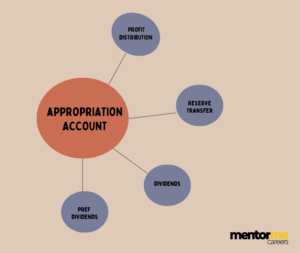Last updated on February 15th, 2023 at 06:10 pm
What is Public Finance?
Public finance is the management of a country’s revenue, expenditures, and debt load through various government and quasi-government institutions. In simple terms, it is the study of the role of the government in the economy. It is the branch of economics that assesses the government revenue and government expenditure of the public authorities and the adjustment of one or the other to achieve desirable effects and avoid undesirable ones. A country’s financial position can be evaluated in much the same way as a business’s financial statements.
Components of Public Finance
The main components of public finance include activities related to collecting revenue, making expenditures to support society, and implementing a financing strategy. The following are the main components:
- Tax Collection:
Tax collection is the main revenue source for governments. Examples of taxes collected by governments include sales tax, income tax (a type of progressive tax), estate tax, and property tax. Other types of revenue in this category include duties and tariffs on imports and revenue from any type of public service that are not free.
- Budget:
The budget is a plan of what the government intends to have as expenditures in a fiscal year. In the U.S., for example, the president submits to Congress a budget request, the House and Senate create bills for specific aspects of the budget, and then the President signs them into law.
- Expenditures:
Expenditures are everything that a government actually spends money on, such as social programs, education, and infrastructure. Much of the government’s spending is a form of income or wealth redistribution, which is aimed at benefiting society as a whole. The actual expenditures may be greater than or less than the budget.
- Deficit/Surplus:
If the government spends more than it collects in revenue, there is a deficit in that year. If the government has fewer expenditures than it collects in taxes, there is a surplus.
- National Debt:
If the government has a deficit (spending is greater than revenue), it will fund the difference by borrowing money and issuing national debt. The U.S. Treasury is responsible for issuing debt, and when there is a deficit, the Office of Debt Management (ODM) will make the decision to sell government securities to investors.




